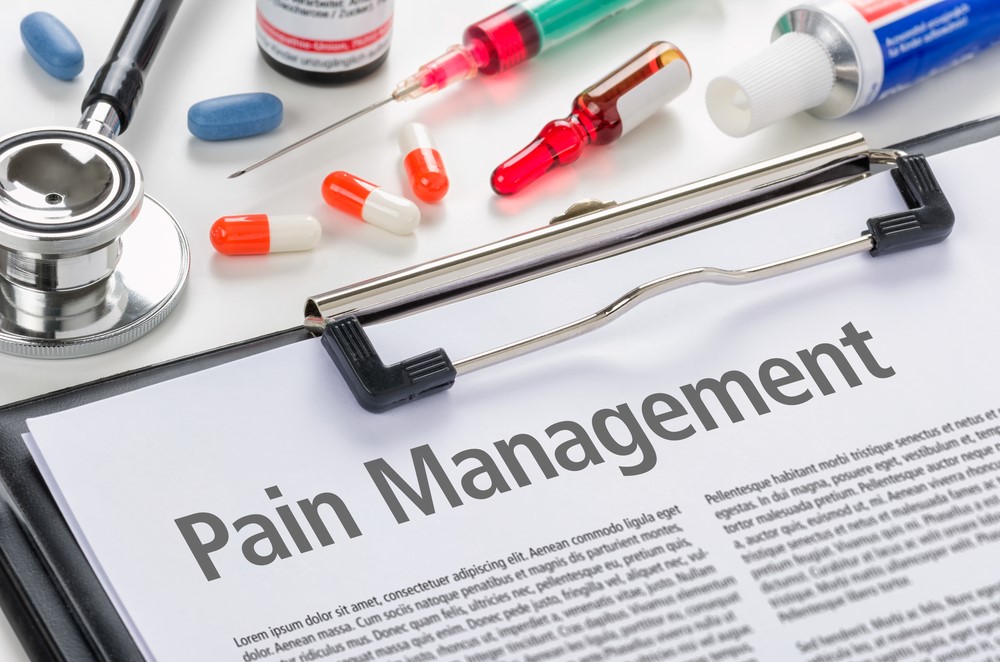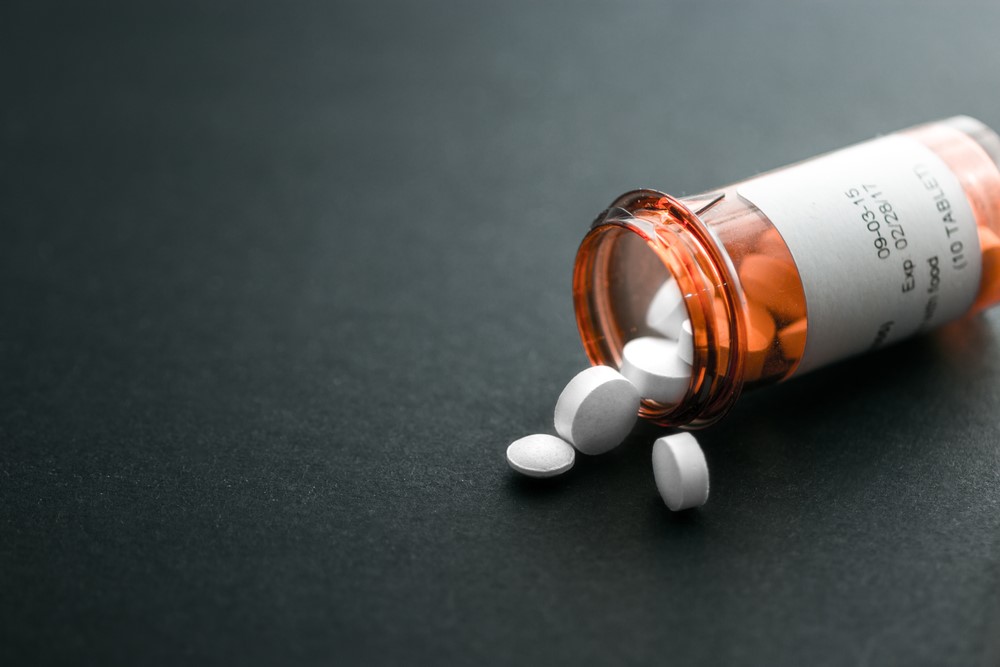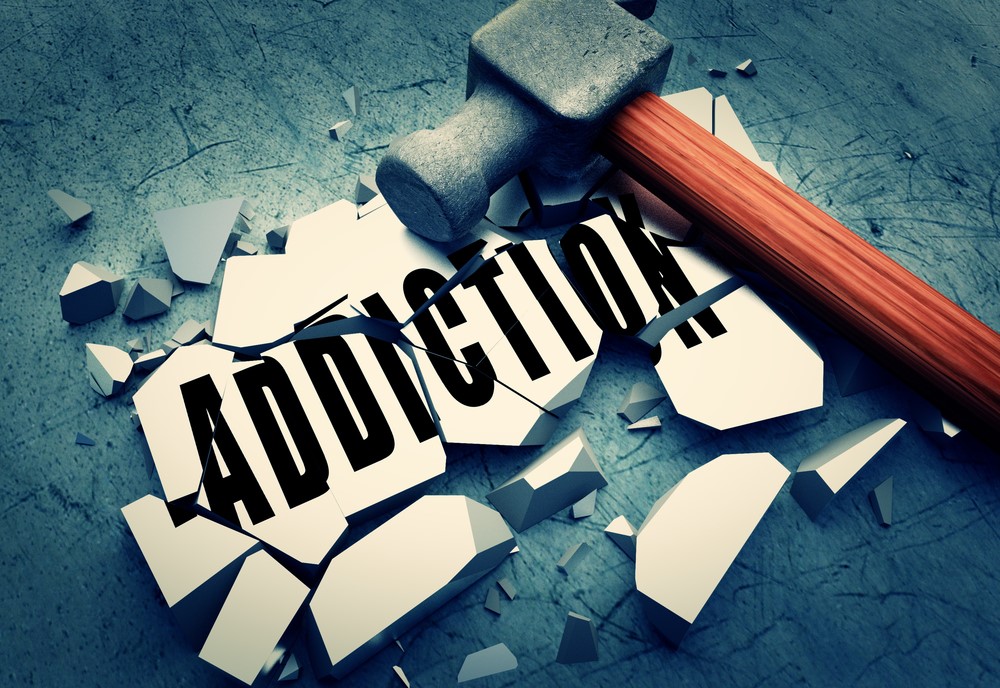
Have you been prescribed pain medication, but worry that you might become addicted to it? This fear is common, and it’s also valid. Some pain medications can alter your brain in a way that doesn’t just keep the pain away, but can leave your body craving more than you once needed to have the same effect. Long-term use of pain medication, especially, can cause an addiction. Here’s what you need to know to avoid becoming addicted to your pain medication.
What Pain Medications are Addictive?

From drugs to help prevent migraines to prescriptions for menstrual pain, there is a medication for just about any type of pain you can have, from mild to severe. Some pose a rare chance of an addiction, whereas others can have more serious consequences. Unfortunately, virtually any medication carries a risk of causing an addiction in patients.
The most addictive pain medications tend to be those in the opioid category, like morphine and methadone, also known as narcotics. These medications have brain-altering effects that can leave a person feeling “high.” Not all patients will feel, or crave, that high, but some will.
Opioids are usually prescribed in pill form. Some of the more common, and addicting, ones include codeine, oxycodone, and hydrocodone.
Common Signs of Opioid Addiction
A tell-tale sign that you have an opioid addiction is a change in your behavior. You may start taking more medication than you were prescribed. Some individuals experience problems with their relationships that stem from lying about an addiction, being more irritable without their medications, and even stealing to get more of their medications.
You may also experience withdrawal symptoms, which can be both physical and mental. Common physical symptoms of an opioid addiction include nausea, headache, fatigue, restlessness, and confusion. Mental symptoms include depression, anxiety, paranoia, quickly-changing moods, and social isolation.
If you believe you have an addiction to an opiate, click here to read more about different opiate detox treatments and centers and how they can help you overcome your addiction.
Avoiding an Opioid Addiction

There are some steps you can take to avoid an opioid addiction altogether. The key is to closely monitor yourself with your prescription and talk about any concerns with your doctor. You should also have a close friend or relative that you can turn to for support if it’s needed.
Learn if You’re At Risk
Some people are simply more at risk for developing an addiction than others. That’s not to say that, if you don’t match the common risk factors, you won’t develop an addiction, or vice versa. But, in most cases, addictions start in people who exhibit similar risk factors.
One of the most significant risk factors is a previous addiction. If you have struggled with another form of addiction, even alcohol, you may be more at-risk. Those who exhibit traits that closely match an addictive personality can also be at risk. If you believe you might be at risk for developing an addiction, talk to your doctor about it before you begin taking the medication.
Find Other Ways to Cope with Pain

You might want to talk to your doctor about finding other ways to manage your pain that don’t involve medications. For some, water therapy can provide pain relief and exercise that keeps your joints mobile without causing pain and injury from additional stress. Others benefit from other low-impact activities, like yoga.
Most doctors will happily work with you to find other ways to manage your pain if you’re adamant about it. If all else fails, then you can talk with him or her about a low-dosage prescription for a mild pain medication that carries little risk of addiction.
Follow Your Prescription to a T
If you do decide to take your pain medication, be sure to use it only as prescribed. Your doctor knows your health the best and will prescribe a dosage that he feels is right for both your body and your pain. If you don’t feel that your dosage is helping enough, talk to your doctor about changing your prescription. It’s crucial never to up your dosage yourself, as this can be the first step toward causing you to become addicted.
